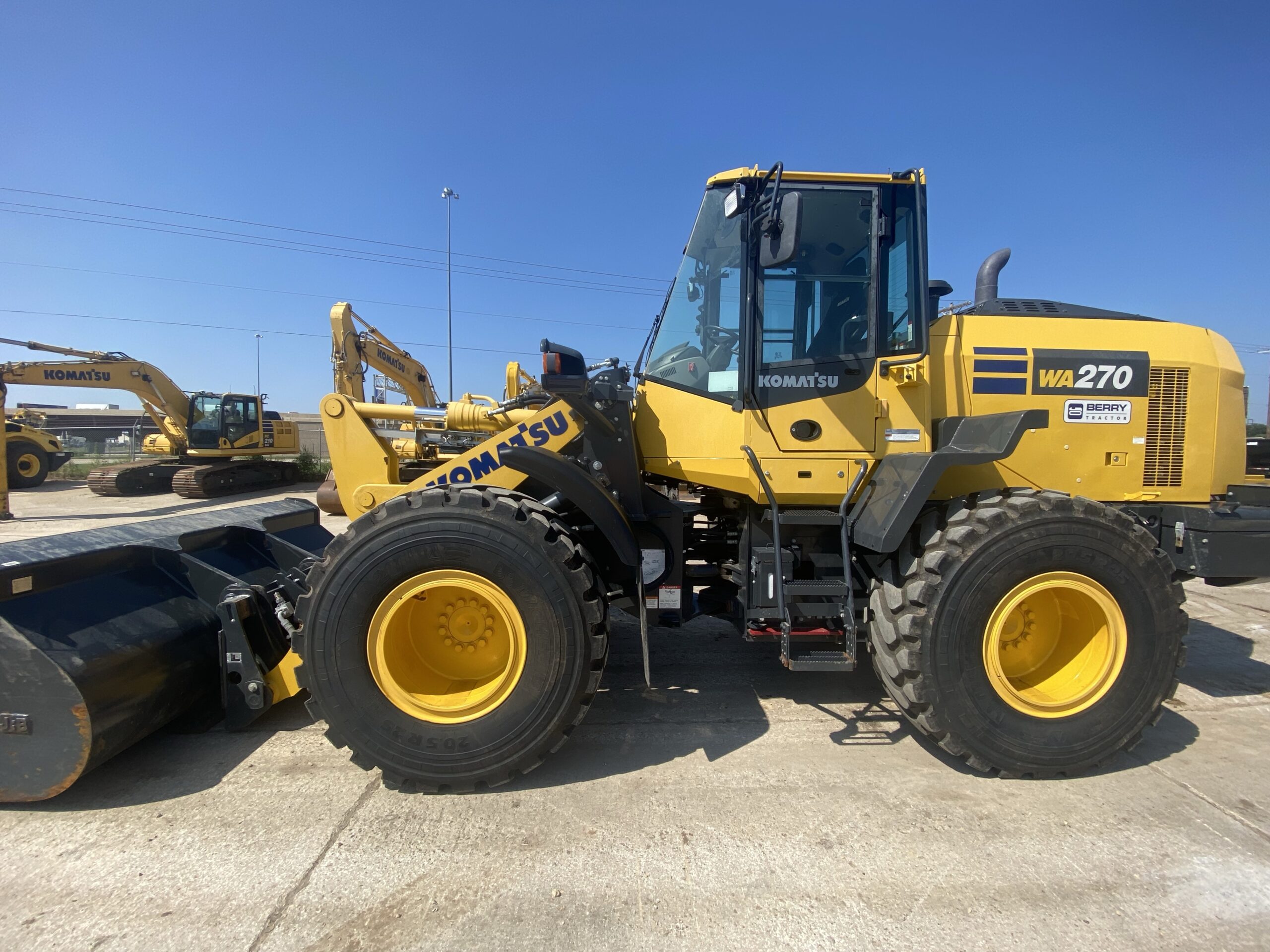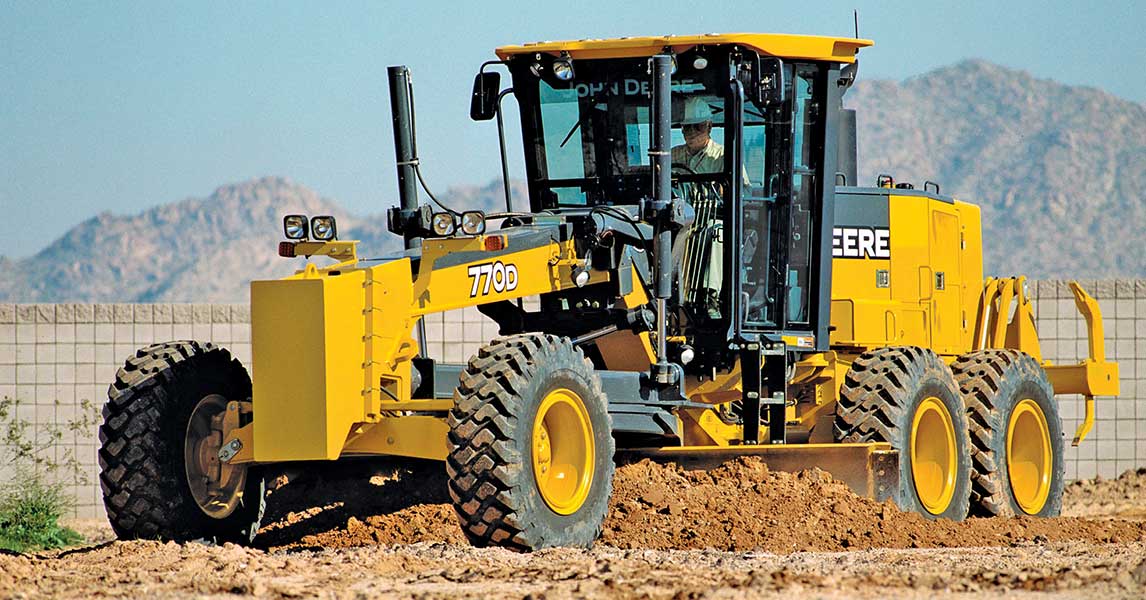Trustworthy Construction Equipment Rentals: Rent Scissor Lifts, Boom Lifts, and More from Us
Trustworthy Construction Equipment Rentals: Rent Scissor Lifts, Boom Lifts, and More from Us
Blog Article
Important Tips for Taking Care Of Heavy Tools Rental Agreements and Logistics Effectively
Successfully taking care of hefty equipment rental contracts and logistics is vital for the success of any project that counts on these sources. A complete understanding of rental terms, paired with accurate evaluation of equipment requirements, lays the structure for beneficial settlements. In addition, working with transportation logistics and preparing for ongoing maintenance can considerably lower unexpected prices and hold-ups. The intricacies of these aspects often existing challenges that require strategic insight. What are the essential considerations that can change these prospective mistakes into possibilities for effectiveness and cost-saving?
Understand Rental Terms
Recognizing rental terms is crucial for successful hefty equipment monitoring. The rental duration defines the timeframe for which the equipment is leased, influencing budgeting and job timelines.
Additionally, it is important to understand the upkeep obligations laid out in the arrangement. Typically, rental firms preserve the equipment, but understanding that is responsible for routine checks and repairs is vital to prevent operational disruptions. Additionally, terms might include conditions worrying obligation for damages or theft, which can have serious financial implications otherwise appropriately recognized.

Assess Equipment Demands
Assessing devices needs is a critical action for any kind of task manager intending to optimize resource allocation and boost operational performance. This process entails a detailed analysis of the task requirements, consisting of details jobs, timelines, and the type of equipment needed to attain wanted end results.
Begin by recognizing the range of the job and the jobs that will be done. Take into consideration factors such as the terrain, the scale of procedures, and any kind of potential challenges that can affect devices option. Involving with group participants who will operate the machinery can provide beneficial insights right into functional demands and preferences.

Following, review the ability and abilities of readily available devices options. It is important to match the right equipment to the jobs available, making sure that it can deal with the anticipated work without jeopardizing safety or efficiency.
Additionally, consider the rental period and frequency of use. Comprehending these aspects can help establish whether leasing or purchasing is one of the most economical solution. By carrying out an extensive analysis of devices demands, job managers can make enlightened decisions that lead to boosted performance and reduced functional prices.
Negotiate Efficiently
Once the tools requirements are plainly identified, the following action includes effective arrangement with rental business to protect positive terms. A well-prepared negotiation method is vital for accomplishing the ideal possible deal. Begin by investigating various rental business to understand their prices frameworks, inventory accessibility, and track record. This knowledge will encourage you throughout negotiations and aid you develop realistic expectations.
When approaching the settlement table, be clear about your demands, consisting of the sort of devices, rental period, and any kind of added solutions you may require. This transparency allows rental business to provide customized options that can satisfy your particular requirements (equipment rental company). Do not wait to request discount rates, particularly for lasting leasings or bulk orders, as many firms want to offer giving ins to protect larger contracts
These elements can dramatically impact the general price and should be explicitly laid out in the rental agreement. Guarantee that all agreed-upon terms are recorded in writing to stop misunderstandings and why not check here safeguard your interests throughout the rental period.
Coordinate Transport Logistics
Working with transportation logistics is a critical facet of managing heavy devices rental arrangements. Reliable transportation makes certain that tools is delivered on time and in optimum problem, thereby reducing downtime and improving project effectiveness. To accomplish this, it is important to develop a thorough logistics plan that describes the entire transportation process from pickup to distribution.
Begin by assessing the particular transport demands based upon the type and dimension of the devices involved - dozer rental. Involve with dependable transportation companies who focus on hefty equipment to guarantee they have the required knowledge and equipment, such as flatbed trucks or specialized trailers. Review factors such as weight limitations, route restrictions, and called for licenses to prevent unforeseen hold-ups
Additionally, maintain open communication with both the rental business and the transport supplier to collaborate routines successfully. Verify all details, consisting of pickup and drop-off times, to ensure every person is lined up and prepared. Finally, develop backup strategies to deal with any kind of prospective disruptions, such as damaging weather condition or web traffic problems, which may impact the transport timeline. By carefully collaborating transport logistics, you can support the honesty of your rental agreement and assist in smooth job implementation.
Prepare For Upkeep and Support

Moreover, it is critical to connect straight with the rental service provider regarding maintenance responsibilities. Some agreements might consist of maintenance as part of the rental solution, while in other situations, the onus might fall on the tenant. Recognizing these terms will certainly assist avoid unanticipated costs and liabilities.
Furthermore, having accessibility to technical assistance can be important. Guarantee that the rental firm uses 24/7 support or an emergency situation call, enabling swift resolution of any kind of devices problems. Training your group on proper tools use and routine checks can also significantly improve functional performance.
Conclusion
Finally, effective monitoring of heavy tools rental arrangements and logistics rest on a comprehensive understanding of rental terms, specific assessment of tools requirements, and adept settlement abilities. Coordinating transport logistics and preparing for upkeep further improve functional efficiency. By implementing these methods, companies can mitigate dangers, electric backhoe control costs, and make certain that projects advance efficiently and within well established timelines. Emphasizing clear communication with all stakeholders remains critical in browsing the complexities of devices service and logistics monitoring.
Effectively handling heavy devices rental contracts and logistics is important for the success of any kind of project that relies on these resources. By extensively reviewing and understanding these rental terms, services can make informed decisions, reduce dangers, and ensure that their hefty tools monitoring lines up with job objectives and monetary constraints.Coordinating transport logistics is a vital element of handling heavy tools rental arrangements.In verdict, reliable administration of heavy equipment rental arrangements and logistics joints on a detailed understanding of rental terms, precise evaluation of equipment demands, and adept negotiation link abilities. Emphasizing clear interaction with all stakeholders continues to be crucial in browsing the complexities of devices leasing and logistics management.
Report this page